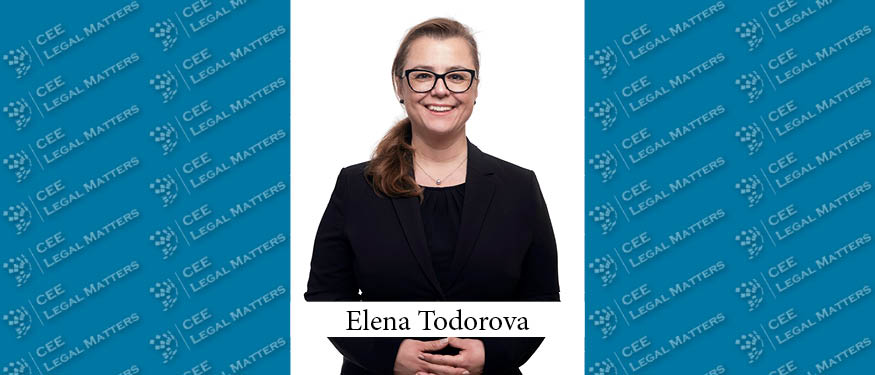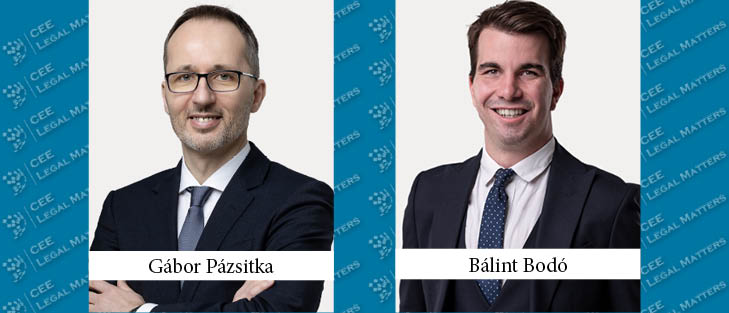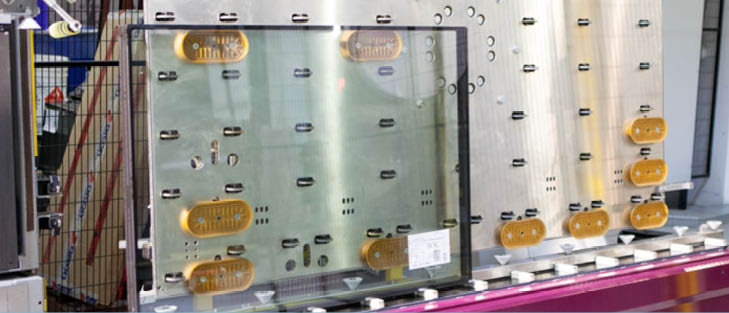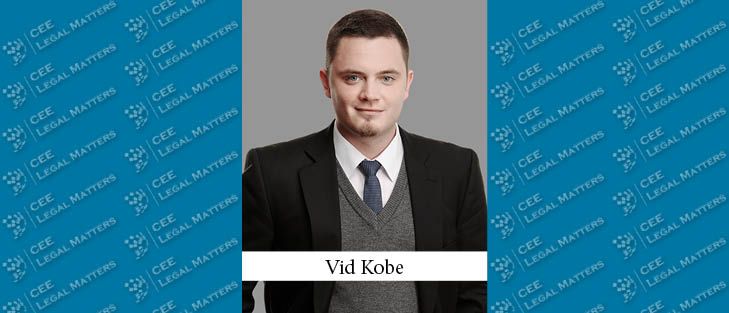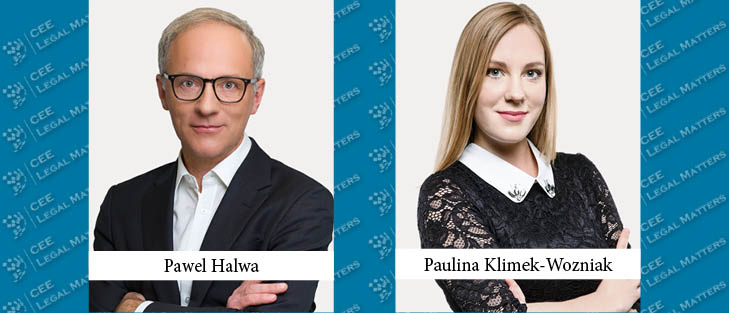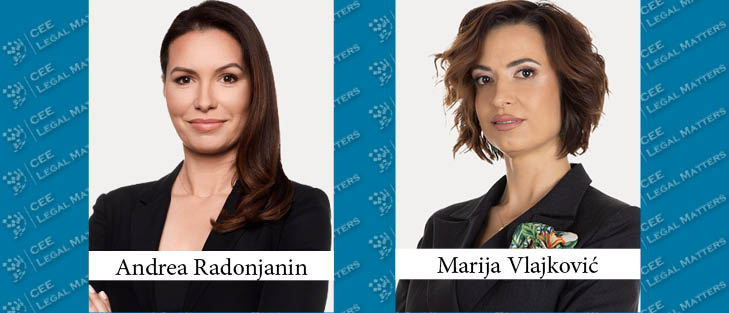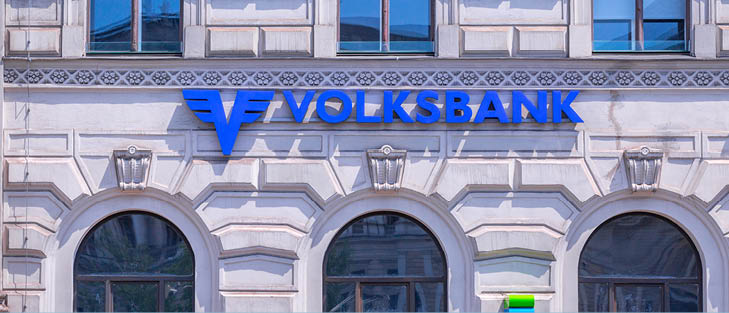Schoenherr has advised GA Adriatic, formerly Renault Nissan Slovenija, on the settlement negotiations with the Slovenian Competition Protection Agency. Zidar Klemencic reportedly advised GA Adriatic in auxiliary proceedings. Cad, and reportedly Fatur Menard, advised Avtohisa Malgaj; Podjed, Kahne & Partners advised Avtohisa Real; Fasun, Melihen, Milac, Strojan reportedly advised Plesko Cars; and Tadej Kalan reportedly advised Avtoservis Kalan, all of which were involved in the proceedings as well.
Schoenherr and CMS Advise on Fynk's EUR 3.1 Million Seed Financing Round
Schoenherr has advised Fynk on its recent approximately EUR 3.1 million seed financing round led by 3VC with the participation of 10x Founders. CMS advised 3VC.
Regulating Telemedicine and Personalising Healthcare: An Overview of the Latest Revision to the Bulgarian Public Health Act
The amendments to the Bulgarian Public Health Act (PHA), introduced on 8 October 2024, are aimed at modernising the healthcare system, enhancing data management and improving patient care. They prioritise the transition to electronic health records (EHR), regulate telemedicine, and introduce a digital scheduling system for medical appointments. This article provides a high-level overview of the amendments.
Hungary: Convertible Loans Simplified
Convertible loans have emerged as a pivotal financial instrument for start-ups navigating the challenging terrain of early-stage funding (pre-seed and seed), also called angel investment. These loans are a hybrid of debt and equity financing, offering a unique solution for companies that are not yet ready for a formal valuation or are seeking to bridge funding gaps between capital-raising rounds.
Schoenherr Advises Lisec Holding on Glastech Sale
Schoenherr has advised Lisec Holding on the sale of its subsidiary Glastech to Josko-Scheuringer Holding. Saxinger reportedly advised Josko was advised by Saxinger.
Schoenherr Advises Cherry Ventures on Flinn AI Seed Financing Round
Schoenherr has advised Cherry Ventures on leading the EUR 6 million seed financing round for Flinn AI that also saw the participation of Speedinvest and SquareOne as well as more than 30 business angels. Brandl Talos reportedly advised Flinn AI.
Money Comes Together in Slovenia: A Buzz Interview with Vid Kobe of Schoenherr
Slovenia is witnessing high levels of deal activity, particularly in M&A and corporate finance, according to Schoenherr Partner Vid Kobe, with banking sector consolidation leading the charge.
Navigating Hungary's ESG Reporting: Local Subsidiaries of Multinational Corporations in Focus
As of the 2024 financial year, companies in Hungary are facing new and stringent ESG (Environmental, Social, and Governance) reporting requirements under Act CVIII of 2023 (ESG Act). While large companies may already be familiar with the relevant EU directives (notably the CSRD and the CSDDD), the Hungarian regulations present unique challenges, especially for local subsidiaries of multinational corporations.
Cerha Hempel Advises AT&S on Sale of AT&S Korea to SO.MA.CI.S
Cerha Hempel has advised AT&S on its sale of AT&S Korea to SO.MA.CI.S. Schoenherr, Latham & Watkins, and Kim & Chang reportedly advised the buyers.
Poland: Tackling Greenwashing: The Latest EU and Polish Legislative Developments
In recent years, public concern about the roles of organizations in environmental issues has significantly increased. Governments, public institutions, and non-profits now demand that companies adopt environmentally friendly practices. Consumers are seeking “green” products and investors prefer companies that prioritize environmental care. This trend has led companies to adopt greenwashing strategies in marketing to attract eco-conscious consumers.
Schoenherr and E+H Advise on Insight Partners' Investment in Flightkeys
Schoenherr has advised a group of sellers of Flightkeys on an investment from Insight Partners. E+H, working with Willkie Farr & Gallagher, advised Insight Partners. Deloitte Legal-affiliated Jank Weiler Operenyi and Grohs Hofer reportedly advised other sellers of Flightkeys.
RTPR and Schoenherr Advise on PragmaGO's Acquisition of Telecredit IFN
RTPR has advised PragmaGO on the acquisition of an 89% stake in Telecredit IFN from Reconstruction Capital II Limited and Elisa Rusu. Schoenherr advised the sellers.
AI Regulation and Development in Serbia
AI is developing rapidly in Serbia and numerous initiatives are emerging daily. Therefore, a working group, which includes our Schoenherr expert Marija Vlajković, is already in the process of drafting a new Law on Artificial Intelligence. The final draft is expected by spring 2025.
E+H and Schoenherr Advise on Fisker's Restructuring and Insolvency
E+H has advised CVI Investments and Heights Capital Management on the restructuring and insolvency proceedings of Fisker. Schoenherr advised Fisker.
Schoenherr Advises Tuplex on Acquisition of Stake in Sico Polska
Schoenherr has advised Tuplex on its acquisition of a stake in Sico Polska from Aleksander Goldschnedier, Piotr Klamecki, Ewelina Malinska, and Celina Zduniak.
Schoenherr and Wolf Theiss Advise on Volksbank Wien’s EUR 500 Million Issuance and Tender Offer
Schoenherr has advised Danske Bank, Erste Group, ING, Natixis, and UBS, on Volksbank Wien’s invitation to existing holders of their outstanding EUR 400 million 2.75% fixed to fixed tier 2 notes with an interest rate reset date on October 6, 2022 to tender their notes for purchase by the company for cash. Schoenherr also advised the banks on the successful issuance of EUR 500 million 5.5% Volksbank Wien’s subordinated notes issuance. Wolf Theiss advised Volksbank Wien.
CMS Advises Erste Asset Management on Acquisition of Impact Asset Management
CMS has advised Erste Asset Management on its acquisition of Impact Asset Management. Schoenherr reportedly advised the sellers.
Schoenherr and Gide Advise on Enterprise Investors Fund IX Investment in Scan Lab
Schoenherr has advised mBank on financing the acquisition of Scan Lab by Enterprise Investors Fund IX. Gide advised Enterprise Investors.



